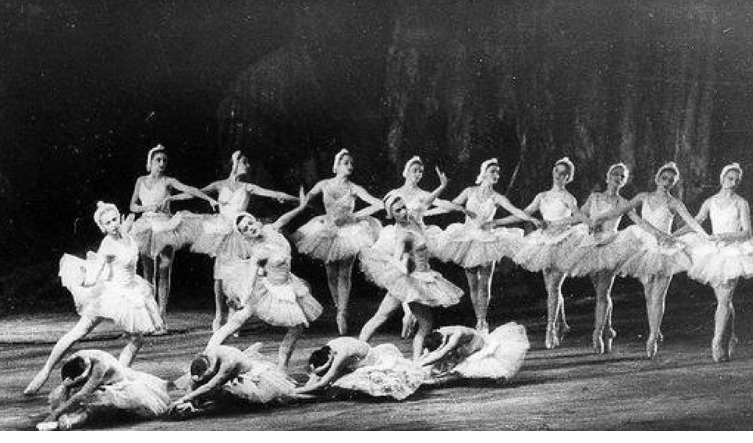
SAY WHAT? - Even as global media outlets halt broadcasts across Russia in response to Putin's increasingly dystopian censorship efforts, Russian authorities pulled their shroud of paranoia and repression ever tighter by shutting down what is reportedly the country's last independent media outlet, the youth-focused TV Rain. State officials announced the suspension after TV Rain reporters flouted Putin's Stalin-esque "special operation" moniker for his savage invasion of Ukraine by speaking truth to power and calling it what it obviously is, a "war." The country's Orwellian censors surreally turned that act, in other parts of the world deemed doing their job, into the "purposeful and systematic" posting of “information calling for extremist and violent acts.”
Russia's telecommunications regulator also charged TV Rain was "inciting extremism, abusing Russian citizens, causing mass disruption of public calm and safety, and encouraging protests." Just to be clear about its harsh disapproval, the country's Duma then passed a draconian new law virtually criminalizing free speech; it renders any journalist who shares "fake news" - aka accurate reporting - about the "special operation" - aka war - in Ukraine liable to a prison sentence of up to 15 years. Officials also added the radio station Echo of Moscow to the ban; both outlets "violated the law," they argued, and thus "the right of the prosecutor general’s office to take appropriate measures was used."
After the suspension was announced, TV Rain did one last newscast, an eight-hour live stream, before telling viewers they would be taken off the air. On cue its staff, many young, gathered around the news desk with grim smiles. "No to war," declared the anchors. Then, amidst reports special forces were about to storm the building, they all silently streamed out. The image of an empty studio was replaced by a logo, and then by an evocative protest - a classic clip from that "portentous composition," Tchaikovsky's Swan Lake. Having premiered exactly 145 years before, on March 4, 1877, the dark, good-vs-evil ballet has long been a symbol of Russia's often-tortuous political upheavals; in 1991, when tanks rolled into Moscow during the turmoil of the USSR's collapse, panicked stations played footage of the ballet on a loop for days.
Outside, the staff, many tearful, pondered the uncertain future. They cited a recently banned movie about their fight to keep TV Rain going through years of ever-spiralling censorship: "This is a film about (how) we managed, in these dark times, to preserve something of ourselves that was real.” “So they’ve blocked TV Rain and they’ve blocked the movie about TV Rain,” said one. “If there were a movie about the movie about TV Rain, they would have blocked that, too.” They plan to work remotedly, appeal the suspension and try to "understand how we can work from here"; most have now left the country. The day they went off the air, Putin told Russians a brave officer "blew himself up" while fighting, and the "mission" against "Ukrainian Nazis" - led by a Jew whose family was decimated in the Holocaust - is going well.
Post-script: On Saturday, Ukraine's President Zelensky did a Zoom call with U.S. members of Congress to ask for more help; lawmakers were specifically told, in the name of safety, not to post any information or images from the call. Little Marco, an ignorant fool who deserves his own special operation, did anyway.
(Abby Zimet has written CD's Further column since 2008. A longtime, award-winning journalist, involved in women's, labor, anti-war, social justice and refugee rights issues. Email: [email protected])




